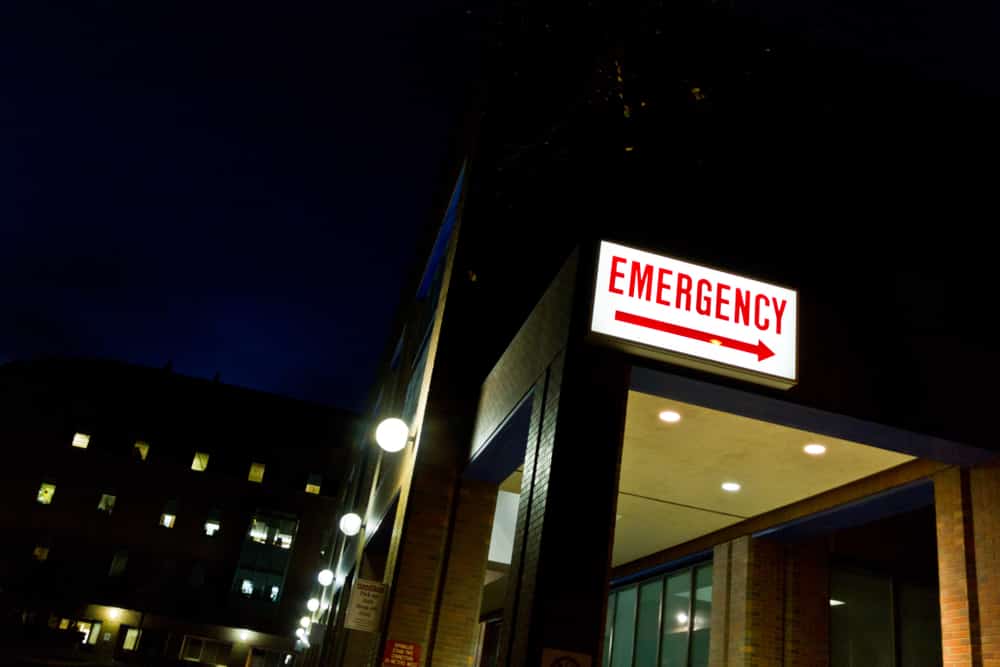
Nighttime Birth Injuries More Common Than Daytime

According to a recent study, birth injuries are more common at night than during the day. A few factors may play into why this happens. Experts suggest that medical staff that work nights typically have less experience and may be more fatigued than medical staff who work daytime hours.
Why are Nighttime Birth Injuries More Common?
Per An International Journal of Obstetrics and Gynaecology (BJOG), a study of more than 700,000 deliveries between 2000 and 2006 indicates that women admitted to a hospital for delivery during night hours have an increased risk of the infant needing intensive neonatal unit (NICU) care. Also, there is a higher risk of infant death. The study, which researched births in a Dutch hospital, states the findings are common among several other similar studies. So why are nighttime birth injuries more common?
Overnight Staff May Lack Qualifications
Research shows that infants born in smaller community-type hospitals between the hours of 6 p.m. until midnight or from midnight to 8 a.m. are 32-47 percent more likely to experience infant death when compared to babies born during daytime hours. Large hospitals were found to have similar outcomes. However, at large hospitals only overnight births (midnight to 8 a.m.) show an increase in the risk of infant death.
“It is very important indeed to realize that risks are generally low and that the level of care in these kinds of Western countries is high,” Dr. Steegers told Reuters Health.
In addition, the type of healthcare providers available during labor and delivery and shortly after birth also affects the outcome. For instance, if additional staff members are present at night during births, including anesthesiologists and neonatologists, the risks of complications decrease. Furthermore, if senior staff members are present, the risks of nighttime birth injuries are even less.
Staff Member Fatigue
Experts believe that physicians with less experience are more likely to work night shifts at hospitals and are much more likely to make medical mistakes that lead to birth injuries. Fatigue and exhaustion may also play into the complications. During nighttime hours, medical staff are not at their best. This can lead to careless mistakes and negligence. Even frequent naps don’t seem to help night-shift physicians and other staff members. Experts note that it takes at least a half an hour upon waking up to get the brain to to full-function mode.
What Can be Done to Reduce the Risk of Nighttime Birth Injuries?
Experts suggest that more flexible hours and more qualified staff members at hospitals may help to solve the problem of nighttime birth injuries being so common. However, some experts also suggest that having more staff and flexible hours would mean less hospitals, specifically less community hospitals. This could mean that problems still occur as women will have to wait for proper medical attention.

